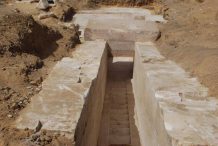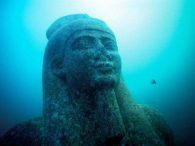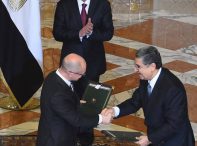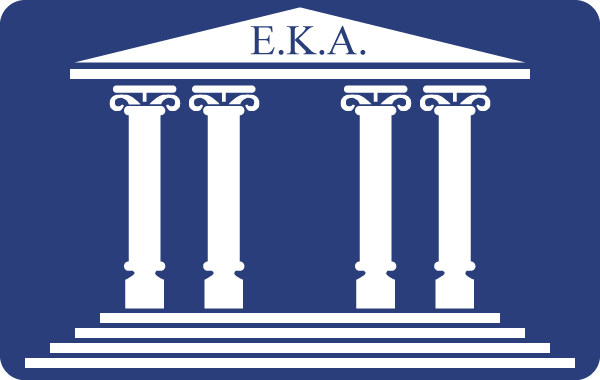Tag: Egypt
-

New Pyramid Discovered in Egypt
After thousands of years, researchers are still making incredible finds in Egypt (case in point, the giant statue unearthed in Cairo last month). Now, researchers have made another big find: earlier this week the Egyptian Ministry of Antiquities announced that a team of their archaeologists discovered the remains of pyramid dating back to the 13th Dynasty,…
-

6 archeological missions to resume underwater excavations in Egypt
Six local and international excavation missions have obtained the necessary approvals to resume their underwater archeological excavations for antiquities along the shores of Alexandria and Red Sea governorates, according to the Department of Underwater Antiquities in the Ministry of Antiquities. The head of the department, Mohamed Abdel Maguid, said the missions submitted their papers for approval…
-

EBRD is studying financing five feed-in tariff projects in its 2nd phase
Janet Heckman, managing director for the Southern and Eastern Mediterranean (SEMED) region at the European Bank for Reconstruction and Development (EBRD), said that the bank is currently studying to finance five projects in the second phase of the feed-in tariff projects starting from the second half of this year. Heckman told Daily News Egypt that…
-

Egypt, Russia to finalise contracts for Dabaa nuclear plant within two months
The government is set to complete the agreement on two contracts with Russia regarding the Dabaa nuclear power plant within two months. The two contracts include provisions on technical support, operation, maintenance, and fuel depots. Government sources said that Egyptian and Russian officials are meeting daily, in presence of the technical advisor for the project,…
